Por / By: Laurita Tellado & Myrna Calderón
“I don’t know where I am going, but I am on my way.” ― Voltaire
“No sé para dónde voy, pero sé que voy de camino.” – Voltaire
Having a sense of where we want to go has never been one of my family’s strongest points. But, having a sense of adventure and wanderlust certainly is!
Tener una idea clara de a dónde queremos ir nunca ha sido el forté de mi familia. ¡Pero tener sentido de aventura y deseo de viajar sí!
Yes, it’s true— my family does things quite differently from most families when we travel. When we began traveling abroad frequently in 2012, at first we tried meeting up with friends and family members in specific cities in Europe. We quickly realized that our travel style is…unique. So, we usually don’t plan on that anymore. We cannot adhere to strict schedules. We wander. We lag and linger. We talk to locals. We take the road less traveled.
Sí, es cierto– mi familia hace las cosas muy diferente a la mayoría de las otras familias cuando viajamos. Cuando empezamos a viajar al extranjero con frecuencia en el 2012, Al principio, intentamos encontrarnos con amistades y familiares en ciudades específicas en Europa. Rápido nos dimos cuenta de que nuestro estilo es…único. Así que usualmente ya no planificamos encuentros. No podemos adherir a itinerarios estrictos. Nos desviamos, nos detenemos. Hablamos con los locales. Tomamos el camino menos común.
Nearly every night, I say good night to Papi as he sits at home, painstakingly focused on the computer screen at Google Maps. Mami and I joke that each night, he visits a different country. Often, we are only weeks away from embarking on a trip, and have yet to decide where exactly we’ll be going.
En casa, casi todas las noches, le digo buenas noches a Papi mientras se sienta al frente de la computadora, hiper-enfocado en la pantalla viendo Google Maps. Mami y yo bromeamos de que cada noche, el visita un país diferente. A veces, cuando sólo faltan pocas semanas para un viaje, aún no sabemos exactamente para dónde vamos.
Last year was a fascinating case study in human indecision. We purchased our plane tickets less than three weeks before departing. Every night, Papi selected a different airline, a different route, a different country. It was maddening! One night, Papi was sure we were going to book Norwegian Airlines; the next, British Airways. Another night, he decided Lufthansa was more convenient. So of course, true to form, he booked Aer Lingus in the end— without hardly any discussion beforehand!
El año pasado nos presentó un caso fascinante sobre la indecisión humana. Compramos pasajes de vuelo a menos de tres semanas antes de irnos. Cada noche, Papi escogía una línea aerea diferente, una ruta diferente, un país diferente. ¡Era enloquecedor! Una noche, Papi estaba seguro de que íbamos a comprar a través de Norwegian Airlines; la próxima noche, era British Airways. Otra noche, él decidió que Lufthansa era más conveniente. Así que claro, como se esperaría de él, compró pasajes de Aer Lingus– ¡casi sin hablarlo antes!
Many people approach us for travel advice because they see photos and videos on social media. It’s cute how they think we actually know what we’re doing when in reality, there’s truly no method to our madness! (No, seriously, we’re insane!)
Regardless, there are a few things we’ve learned along the way, and each trip affords us a different learning experience. Here are some lessons gained from several years of aimless travels:
Muchas personas nos piden consejos de viaje porque ven nuestras fotos y nuestros videos en las redes sociales. ¡Es curioso como se creen que de verdad sabemos lo que estamos haciendo cuando, en realidad, no hay método para nuestra locura! (¡No, en serio, estamos locos!)
Sin embargo, hay algunas cosas que hemos aprendido durante el proceso, y cada viaje nos permite une experiencia de aprendizaje diferente. Aquí c0mparto algunas lecciones adquiridas a través de años de viajar sin rumbo:
Llevar aparatos eléctricos específicamente para el país a dónde vas es buena idea.
Taking electric devices specific to the country you’re going to is a good idea.
• Be as flexible as possible, depending on your circumstances.
Last year, for our five-week trip, we used the “bookend method.” We booked our stay in an apartment at our first stop in Nice, France. We then decided we would end our vacation in Paris. But, we didn’t book any accommodations in between, so as to allow us the flexibility to change our minds. And trust me— we did. Again and again and again. Switzerland was added to our travel itinerary at the very last minute, as a slow-paced break to our France expedition.
And, even more impromptu by our standards, we planned to travel from the Provence town of Arles to Lyon by train. Not having reliable Wi-Fi in our hotel, we were unable to book our stay in Lyon by the time the train pulled out of the station. We were stranded in the Lyon station without a place to stay. Fortunately, we were able to connect to Wi-Fi, and it was all-hands-on-deck as we each tried to find lodging using our iPads! We finally found a great hotel— and ended up spending more than we anticipated, but it was in an ideal location. Another example of our spontaneity— after spending a day hiking in the Swiss Alps, we decided to extend our stay by one more night to rest. Always plan for some days that are at a slower pace.
• Se tan flexible como sea posible, dependiendo de tus circunstancias.
El año pasado, para nuestro viaje de cinco semanas, usamos el método “sujetalibros.” Hicimos una reservación en un apartamento para nuestra primera parada en Niza, Francia. Luego, decidimos que concluiríamos nuestro viaje en Paris. Pero no reservamos nada entremedio, para permitirnos la flexibilidad de cambiar de opinión. Y créeme– lo hicimos. De nuevo y de nuevo y de nuevo. Añadimos a Suiza a nuestro itinerario al último minuto, para reducir el paso un poco durante nuestra expedición francesa.
Y hasta más espontaneamente para nuestros estándares, planificamos viajar desde el pueblo provenzal de Arles hasta Lyon en tren. No teniendo Wi-Fi confiable en el hotel, no pudimos hacer la reservación para Lyon antes de que el tren saliera de la estación. Estuvimos varados en la estación de Lyon sin saber dónde nos íbamos a quedar. ¡Afortunadamente, logramos conectarnos al Wi-Fi, y trabajamos como un equipo para encontrar un sitio usando nuestras tabletas! Finalmente, encontramos un tremendo hotel– y terminamos pagando más de lo que habíamos anticipado, pero estaba en una localización ideal. Y otro ejemplo de nuestra espontaneidad– después de pasar un día caminando en los Alpes suizos, decidimos extender nuestra estadía una noche adicional para descansar. Siempre planifica para algunos días a un paso más lento.
• Give yourself time to adapt to the time change and schedule.
Depending on where you travel, jet lag can certainly take a toll on your mind and body, and can limit your activities. If you can, give yourself the first day after arriving off, and take a leisurely stroll and eat near your hotel. It’s also a good opportunity to get situated and familiarize yourself with your “neighborhood.” Take this time to stop, do some window-shopping, and chat with the locals. Ask them about the area and what the best places are to eat, shop, see. This will be time well spent!
Also, keep in mind that many countries have very different schedules for eating and sleeping. Research beforehand or ask a local upon arriving what times the locals usually eat (breakfast, lunch, and dinner). This is very important, because many restaurants may be closed when you start feeling hungry! (Nothing worse than three hungry, cranky Puerto Ricans wandering about!) In doing this, you can also take advantage of the menus of the day, thereby saving you money.
• Date tiempo para adaptarte al cambio de hora y el itinerario.
Dependiendo de a dónde viajes, el “jet lag” te puede afectar el cuerpo y a la mente, y limitarte las actividades. Si puedes, toma el primer día del viaje libre para descansar una vez llegues, y camina a tu paso y come cerca de tu hotel. También es una buena oportunidad para ubicarte y familiarizarte con tu vecindario. Toma este tiempo para parar, mirar las tiendas, y hablar con los locales. Haz preguntas sobre el área y dónde son los mejores lugares para comer, comprar, y ver. ¡Será tiempo bien utilizado!
También, ten en cuenta que muchos países tienen horarios diferentes para comer y dormir. Investiga primero o pregúntale a un local a qué horas los locales usualmente comen (desayuno, almuerzo, y cena). ¡Estoy es muy importante, porque muchos restaurantes podrían estar cerrados cuando te empiece a dar hambre! (¡No hay nada peor que tres puertorriqueños hambrientos y con mal humor andando por ahí!) Haciendo esto, también aprovecharás de los menús especiales del día, que te puede ahorrar dinero.
• Respect the culture.
Always remember that you are a visitor in someone else’s territory, and not the other way around. Don’t get frustrated or angry if they don’t speak your language. Some forms of communication and expression are universal. Instead, do your homework and try to practice at least a few basic but necessary phrases (“How much for this?” “Where’s the bathroom?” “I don’t understand.”) so you can get by. We speak from experience when we say that, if the locals see you making an effort to learn about and understand their culture, they will respect you so much more, and you will be treated even better. (And you’ll enjoy your stay all the more!)
I have studied French and am nearly fluent. Papi and Mami, not so much! They only knew “bonjour,” “merci,”…you get the idea.
When we arrived in Nice, I urged my parents to practice a few key phrases we would all need to use. By the end of the trip, I could get them to say, “je voudrais un café au lait, s’il vous plaît. Le plus grand que vous avez!” (“I would like a cafe latte, please. The largest one you have!”)
In Paris, we bought ingredients for some meals. When Mami interacted with the shopkeeper, the latter was impressed with her efforts to speak French, and was more friendly!
• Respeta la cultura.
Siempre recuerda que tú eres un visitante en el territorio de otra gente, y no lo contrario. No te frustres o enojes si no hablan tu idioma. Algunos modos de comunicación y expresión son universales. En vez de enfadarte, haz el esfuerzo y intenta practicar al menos algunas frases básicas pero necesarias (“¿Cuánto cuesta esto?” “¿Dónde es el baño?” “No entiendo.”) para que puedas defenderte. Hablamos de nuestra experiencia personal cuando decimos que si los locales ven que haces el esfuerzo de aprender sobre y entender su cultura, te tratarán mejor. (¡Y disfrutarás más tu estadía!)
Yo he estudiado francés y hablo casi con fluidez. Papi y Mami, no tanto. Sólo sabían “bonjour,” “merci”…te puedes imaginar.
Cuando llegamos a Niza, le urgí a mis padres a que practicaran algunas frases claves que todos necesitaríamos usar. Ya cuando se terminaba nuestro viaje, ellos podían decir, “je voudrais un café au lait, s’il vous plaît. Le plus grand que vous avez!” (“Me gustaría un café con leche, por favor. ¡El más grande que tenga!”)
En Paris, compramos ingredientes para preparar algunas comidas. Cuando Mami interactuaba con el empleado de la tienda, estaba muy impresionado con sus esfuerzos para hablar francés. ¡Fué muy amable con ella!
• Use Wi-Fi wisely.
You might not have a reliable Internet connection all the time during your travels, so make sure to make the most of those moments when you can get online. Research hotels, transportation, restaurants, check in on work and communicate with family and friends when you manage to connect.
You could also invest on Wi-Fi “on-the-go,” or a cellular service plan for having data abroad. Check with your wireless carrier for information on available plans.
• Usa el wi-fi sabiamente.
Tal vez no tendrás conexión de Internet confiable siempre que viajes, así que asegúrate de aprovechar esos momentos en que te logres conectar. Haz investigación sobre hoteles, transportación, restaurantes, o haz contacto con el trabajo y comunícate con familia y amistades cuando puedas conectarte.
También puedes invertir en wi-fi “on the go,” o un plan con tu compañía de servicio celular que te permita usar data al estranjero. Averigua con tu compañía de celular para información sobre planes disponibles.
• Do your research on the best travel deals.
Frequent travelers can tell you when the best deals are for traveling. Unfortunately, often you get the best airfare deals during the worst weather seasons. Decide what’s more important to you– the best deal, or the best weather. My family has decided, after several trips, that we prefer to spend a little more if it means ideal weather.
Of course, there are always travel discount sites, but the same rules apply.
My family also prefers nonstop flights to Europe without a stateside connection, but this can cost more.
• Investiga bien sobre las mejores ofertas de viajes.
Viajeros frecuentes te podrán decir sobre las mejores ofertas para viajar. Desafortunadamente, muchas veces logras conseguir las mejores tarifas de vuelo durante las peores temporadas de clima. Decide lo que es más importante para ti– la mejor oferta, o el mejor clima. My familia ha decidido, despues de varios viajes, que preferimos pagar un poco más si significa ir durante un clima ideal.
Claro siempre hay sitios Web para descuentos de viaje, pero las mismas reglas aplican.
My familia también prefiere vuelos sin parada para Europa sin una conexión en Estados Unidos, pero esto podría costar más.
• Be as minimalistic as possible.
While it’s tempting to pack a moving van’s worth of luggage for a long trip, especially if you’re going abroad, make sure you are packing the essentials first, and leaving room at the end for “extras.” Keep in mind that many of the things you want to stuff in your suitcase might be available at a local convenience store (depending on if you’ll be staying in a city), and focus on the absolute necessities above all.
Important medications, snacks, and crucial documents and itineraries should all go in your carry-on luggage. And make sure to double-check the TSA regulations on what is absolutely forbidden in your luggage so you don’t have any mishaps at the airport.
• Se tan minimalista como sea posible.
Mientras es tentador empacar una camioneta llena de equipaje para un viaje largo, especialmente si vas a viajar al extranjero, asegúrate empacar lo esencial primero, y dejar espacio a lo último para “extras.” Ten en mente que muchas de las cosas que tal vez quieras tirar en tu maleta podrían estar disponibles en la tienda local (dependiendo si te quedarás en una ciudad), y enfócate en lo que es absolutamente necesario sobre todo.
Los medicamentos importantes, las meriendas, y los documentos cruciales e itinerarios deben de ir en el equipaje que llevas a la mano. Y asegúrate de averiguar bien los reglamentos del TSA sobre lo que está prohibido llevar en el equipaje para no pasar malos ratos en el aeropuerto.
Los “space bags” son tremenda inversión y te ahorrarán espacio al empacar.
Space bags are a great investment and they help you maximize space when packing.
•Always be prepared.
No one enjoys thinking of the worst-case scenario when it comes to a vacation, but things tend to run more smoothly if you’ve already planned for the worst. Here are a few ideas of what you should pack especially in your carry-on luggage, and what you should keep in mind:
– Medications, especially prescription or allergy medications, insulin, other medical supplies, and equipment.
– Any medical documents from doctors about travel accommodations or requirements
– Medical insurance information, any important medical records such as X-rays on a CD, especially if you have a chronic condition or are being treated for an illness.
– Official driver’s license or state-issued photo ID and passport (preferably in a separate pocket). You can easily purchase a special pocket you can wear like a necklace for convenience on travel days.
– Make sure to fill out those nifty tags on your luggage with your contact information, should you misplace a bag. Slip an extra filled-out tag inside your checked-in suitcase in case the other tag comes loose.
– Have screenshots on your mobile devices or printed out details of your first hotel or accommodation booking before leaving, in case you cannot immediately connect to the Internet upon arrival. If you’re staying at an apartment or Airbnb, have your host’s contact information at hand.
• Siempre estés preparado(a).
A nadie le gusta pensar en la peor situación posible cuando se trata de las vacaciones, pero las cosas tienden a ir mejor si has planificado para lo peor. Aquí van algunas ideas para lo que debes empacar, particularmente en tu equipaje de mano, y lo que debes tener en mente:
– Medicamentos, especialmente las medicinas recetadas o medicamentos de alergias, insulina, y otro equipo médico.
– Cualquier documento médico de tus doctores sobre requisitos para viajar.
– Información sobre el seguro médico, e información de tu historial médico como rayos-X en un CD, especialmente si tienes una condición crónica o estás en tratamiento ahora.
– Tu licencia de conducir o identificación oficial del estado, y pasaporte (preferiblemente en un bolsillo aparte). Hoy en día, fácilmente puedes conseguir un bolsillo especial para guardar estos documentos que lo cuelgues en el cuello para los días de viaje.
– Acuérdate llenar esas etiquetas convenientes en tus maletas con tu información de contacto por si se te pierde alguna pieza de equipaje. Mete una etiqueta adicional con tu información dentro de la maleta que vaya registrada por si se le sale la otra etiqueta.
– Ten fotos en tu teléfono celular o tableta o imprime los detalles de tu primera estadía o hotel antes de salir, por si no te logras conectar al Internet al llegar. Si te vas a quedar en un apartamento o Airbnb, ten a la mano la información de contacto de tu anfitrión.
• Laugh.
Often, the biggest travel snafus make the best stories later on! While traveling in Switzerland by train, we were relieved to board on time for our next stop. As we settled in, we were high-fiving each other for boarding in record time, and finding our seats. As the train pulled out of the station, we noticed the electronic board on the train listing the route. We were on the wrong train. Instead of panicking, we got off at the next stop and reconfigured our route.
Remember not to sweat the small stuff, and don’t forget that the journey is almost always as meaningful as your destination. Bon voyage!
• Ríete.
¡Pasa a menudo que los errores más grandes durante los viajes forman las mejores historias más tarde! Mientras viajábamos por tren en Suiza, estuvimos aliviados de abordar a tiempo para nuestra próxima parada. Al acomodarnos, nos felicitamos uno al otro por montarnos en “tiempo récord,” y encontrar nuestros asientos. Mientras salía el tren de la estación, nos fijamos en la pizarra electrónica con la ruta. Estábamos en el tren incorrecto. En vez de darnos pánico, nos bajamos en la próxima parada y reconfiguramos nuestra ruta.
Recuerda no obsesionar con los detallitos, y no te olvides de que la jornada casi siempre vale tanto como tu destino. ¡Buen viaje!
Do you have a tip you’d like to share with fellow travelers? Share in a comment below!
¿Tienes algún consejo que te gustaría compartir con otros viajeros? ¡Deja un comentario abajo!

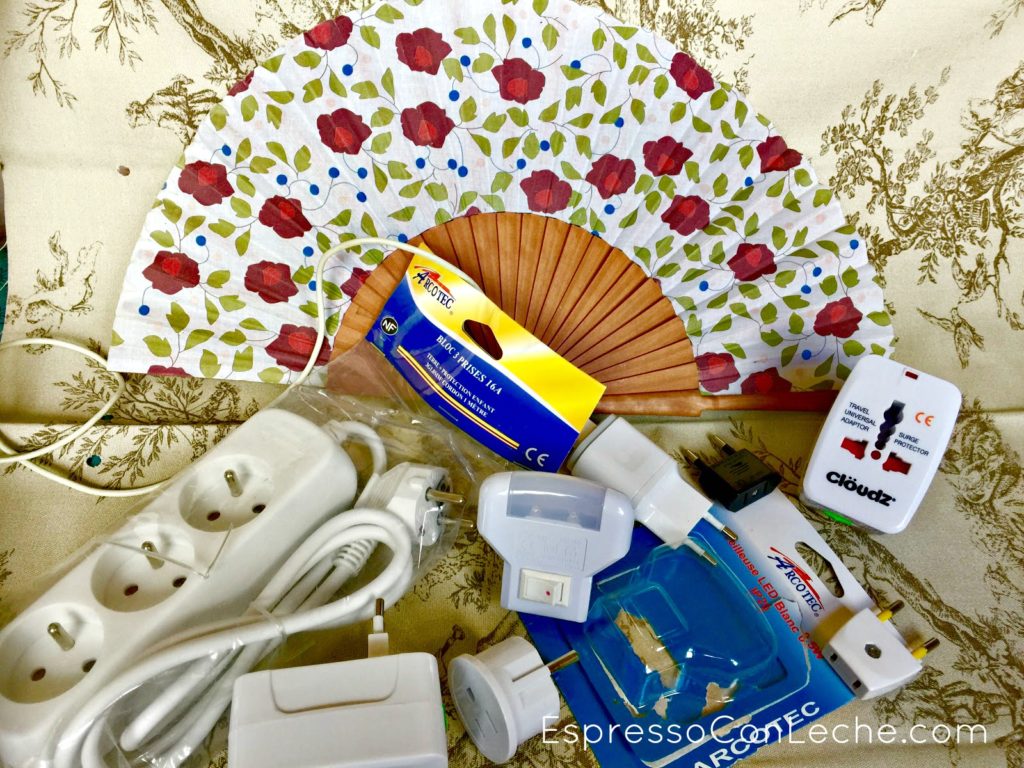
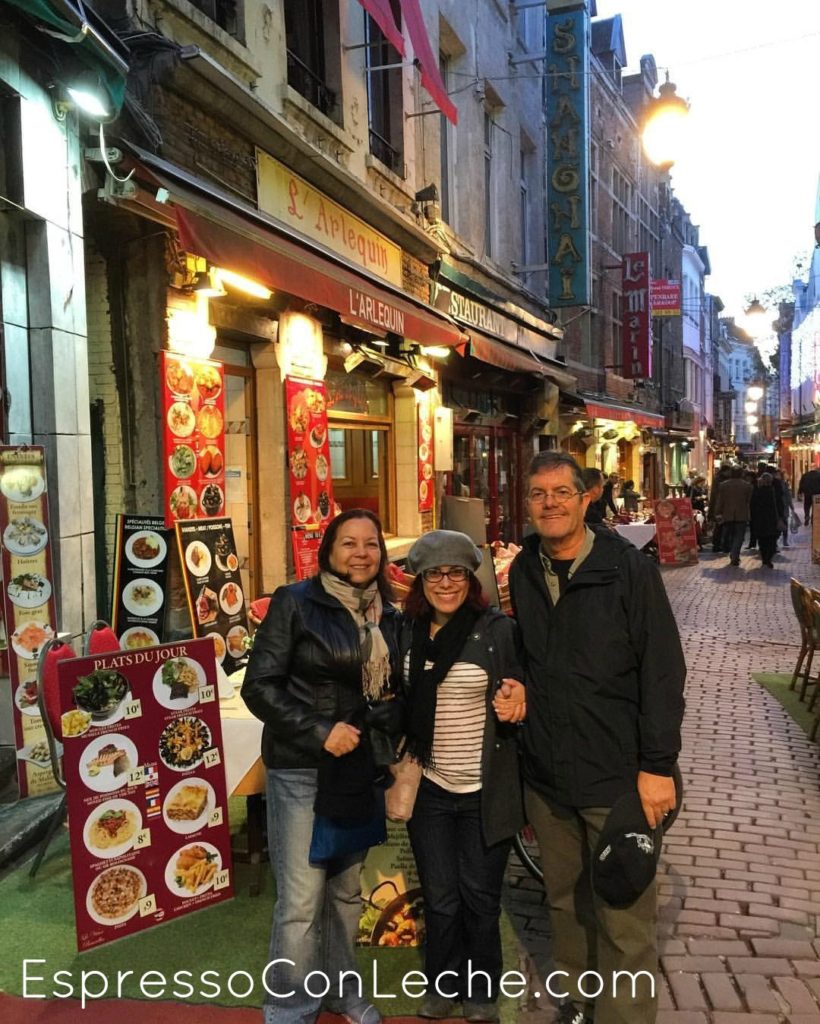
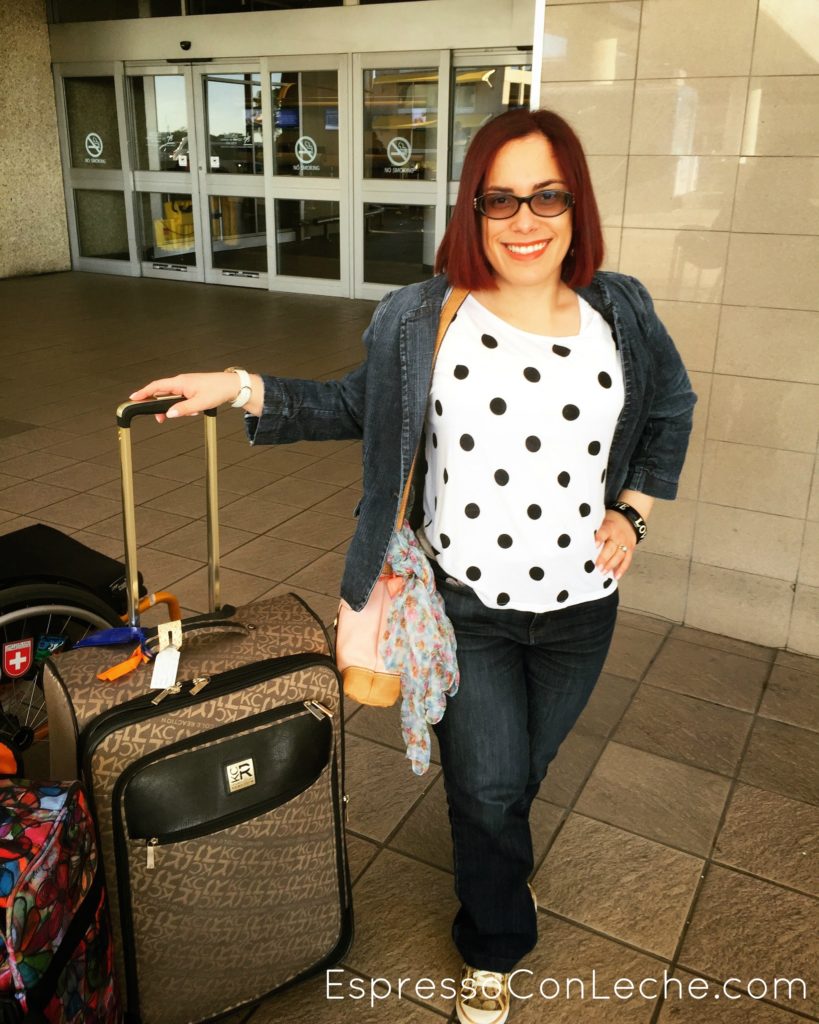
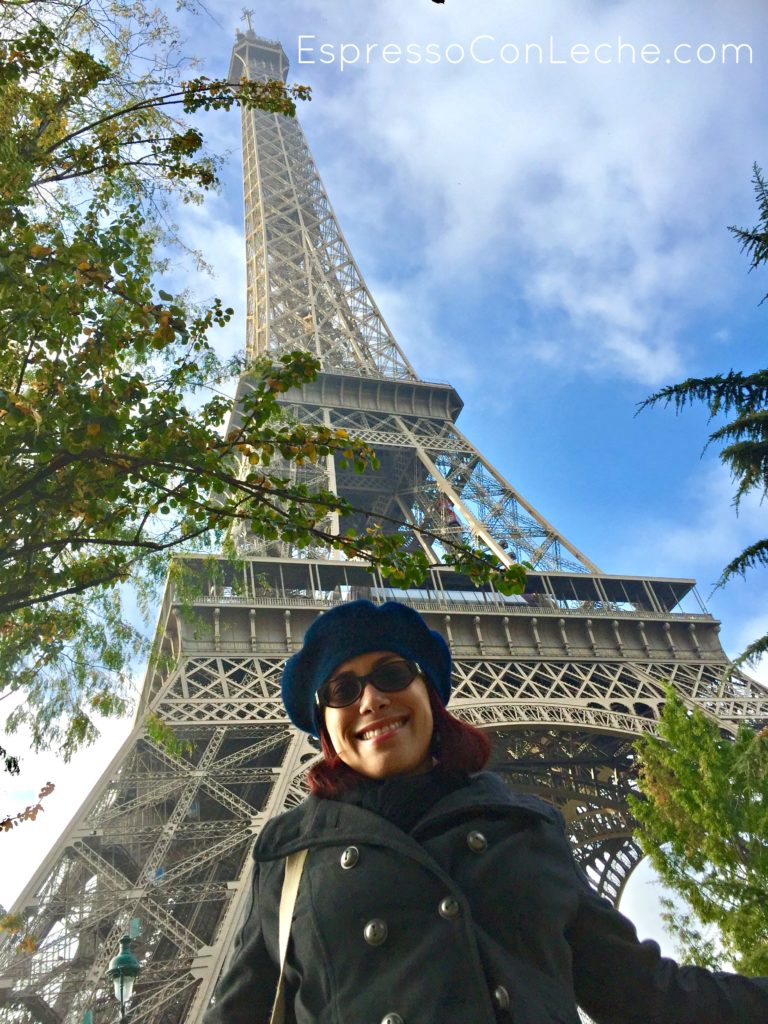
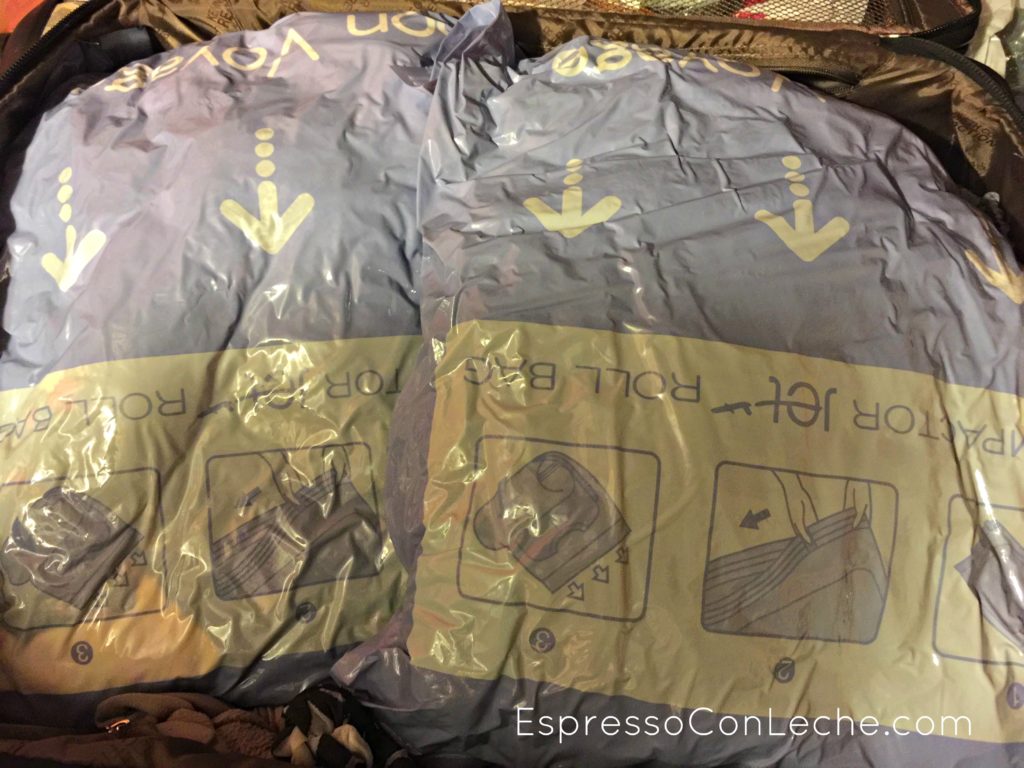
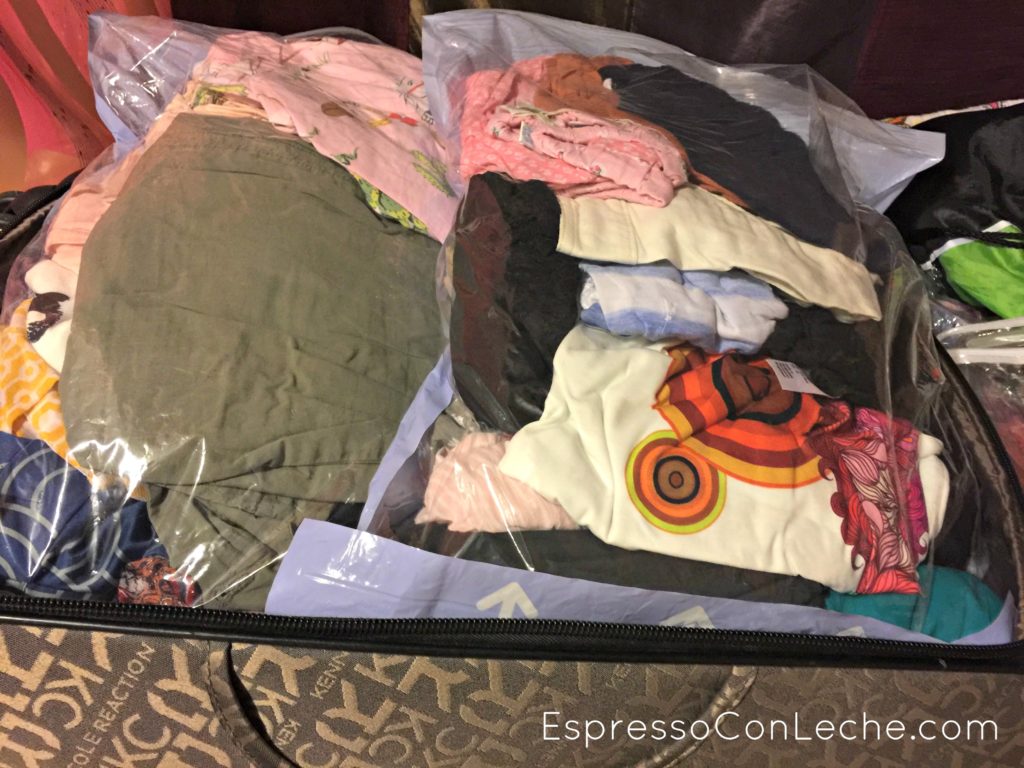
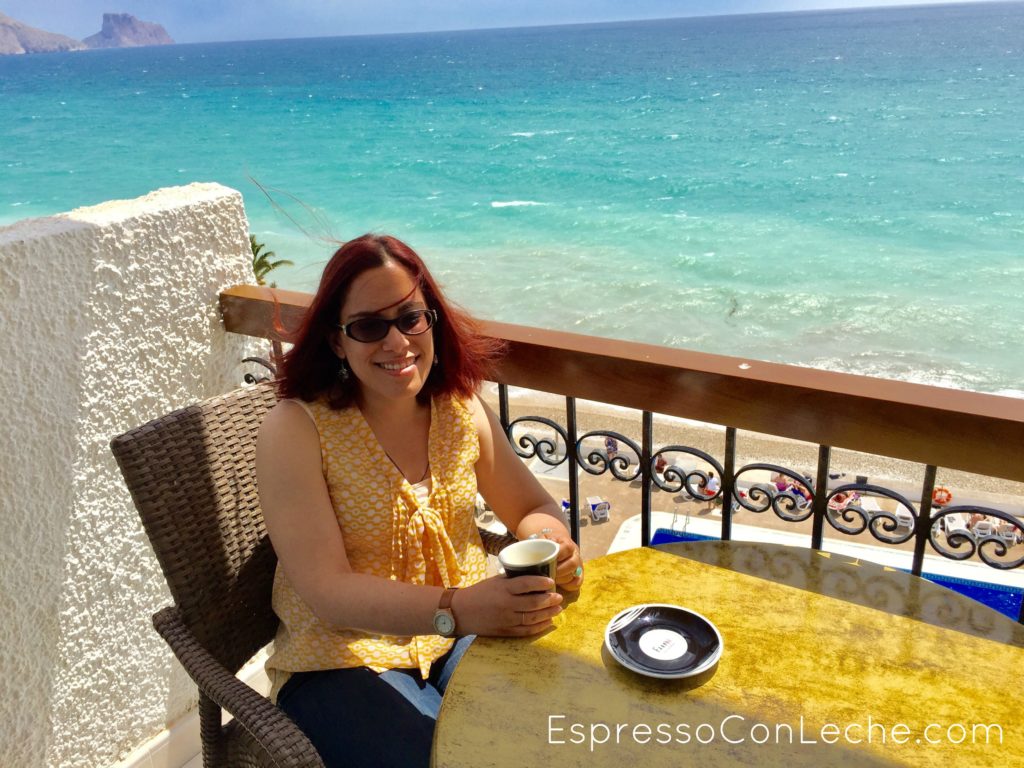
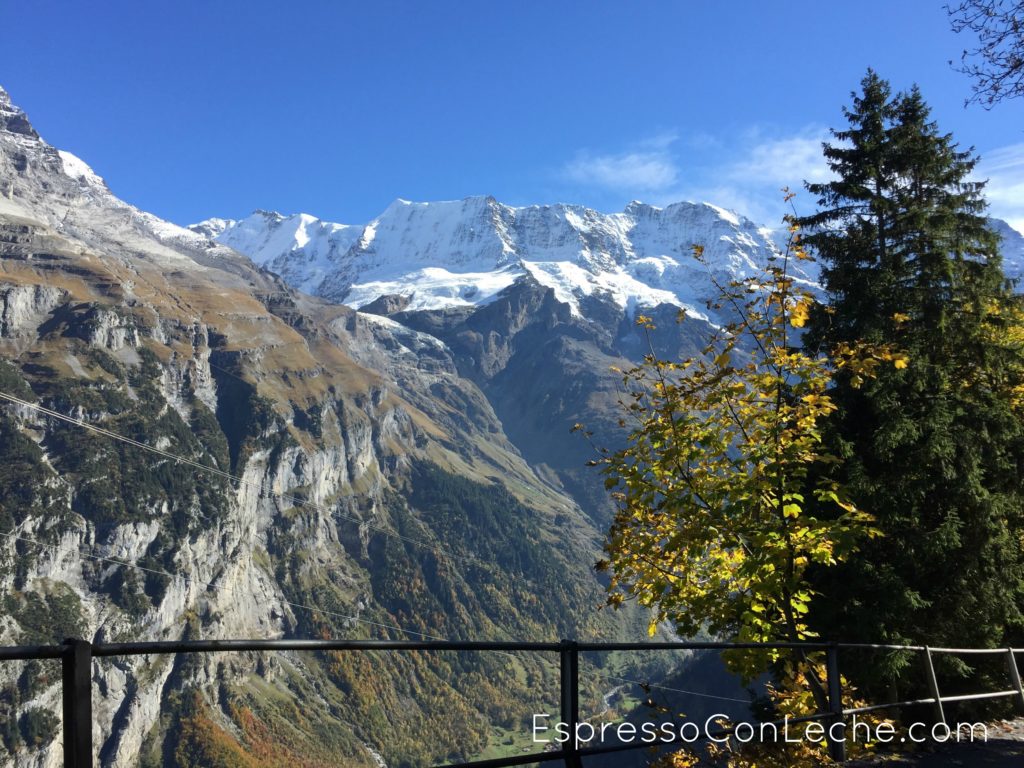
Laurita, I love your take on travel! Our family has never traveled abroad yet, but this is exactly how we travel here in the states! We book the first day, and then book each day after as we arrive at each destination. With little kids especially, you never know when plans will change dramatically. This let’s us keep it flexible so they can have the best trip possible. 😉
Great, great tips! ♥
Travel can be so great, but full of many surprises. Great tips here! Enjoy your next adventure!
Great tips and your photos are beautiful!!! Thanks so much!
Muy buenos tips! Me encanta la flexibilidad, nosotros viajamos parecido, tratamos de no comprometernos para viajar con otras familias, porque preferimos aprovechar el tiempo en lo que nos gusta, sin tener que ajustarnos a otras necesidades; aunque si hemos viajado acompañados algunas veces.
Wow Laura, I admire that way you just go out there and visit so many places. I really have a hard time traveling, but I hate flying… I may take a long road trip soon and I looking forward to it! You really have some amazing tips for packing and being prepared! Thanks so much for sharing!